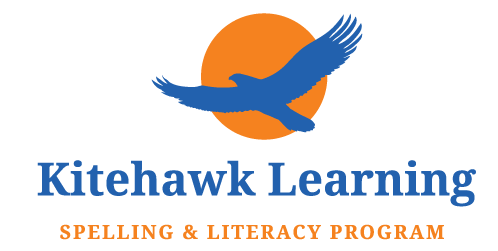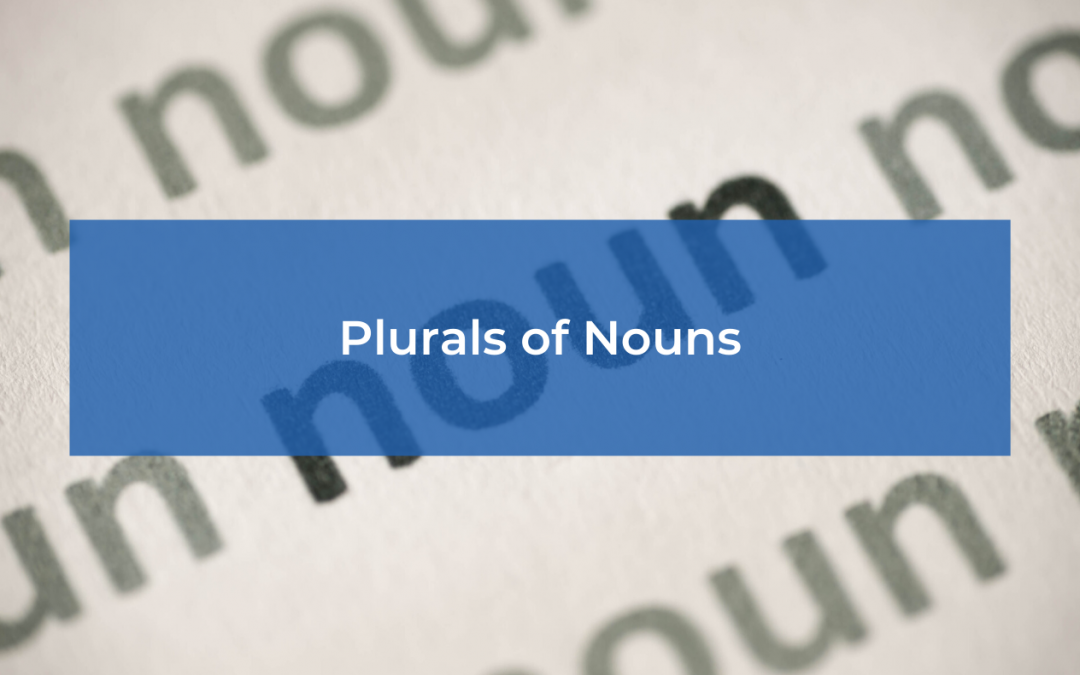
by Mark | Nov 19, 2019 | About Content
Rules for Plurals Singular means one. Plural means more than one. Most nouns are made plural by adding s: More than one boy = boys More than one girl = girls More than one hat = hats If the word ends in x or s, sh or ch, we add es: More than one box =...
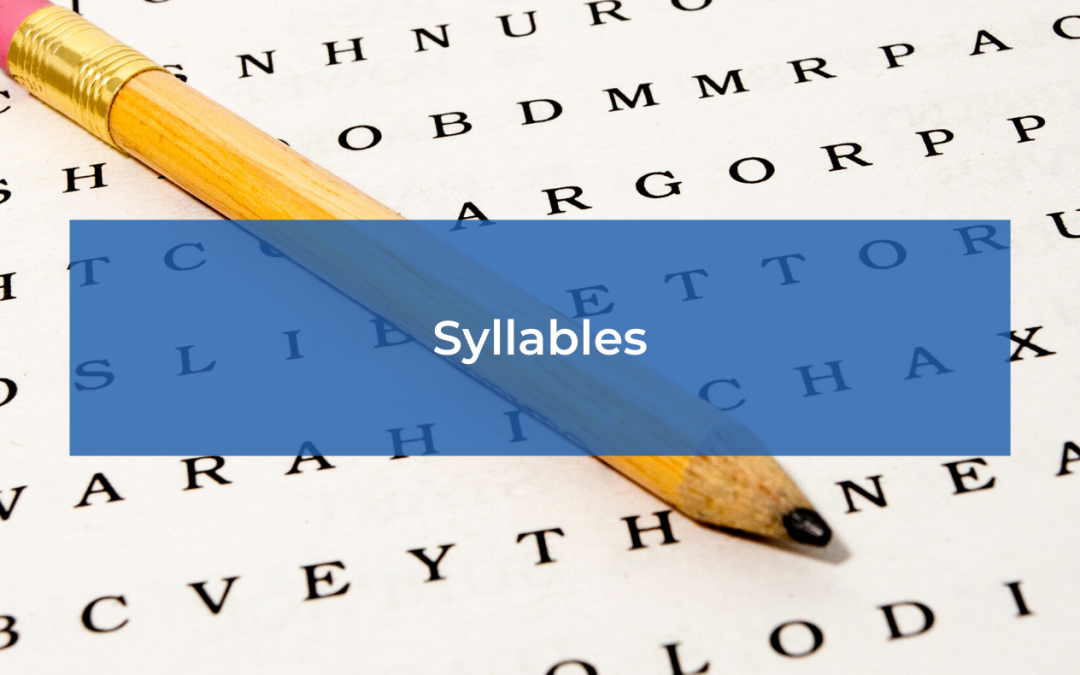
by Mark | Nov 19, 2019 | About Content
Syllables are the parts of a word that are spoken as a single unit, which together make up a word. A good understanding of syllables is an important skill that students can use to learn the spelling of long, complicated words. Breaking a word into syllables...
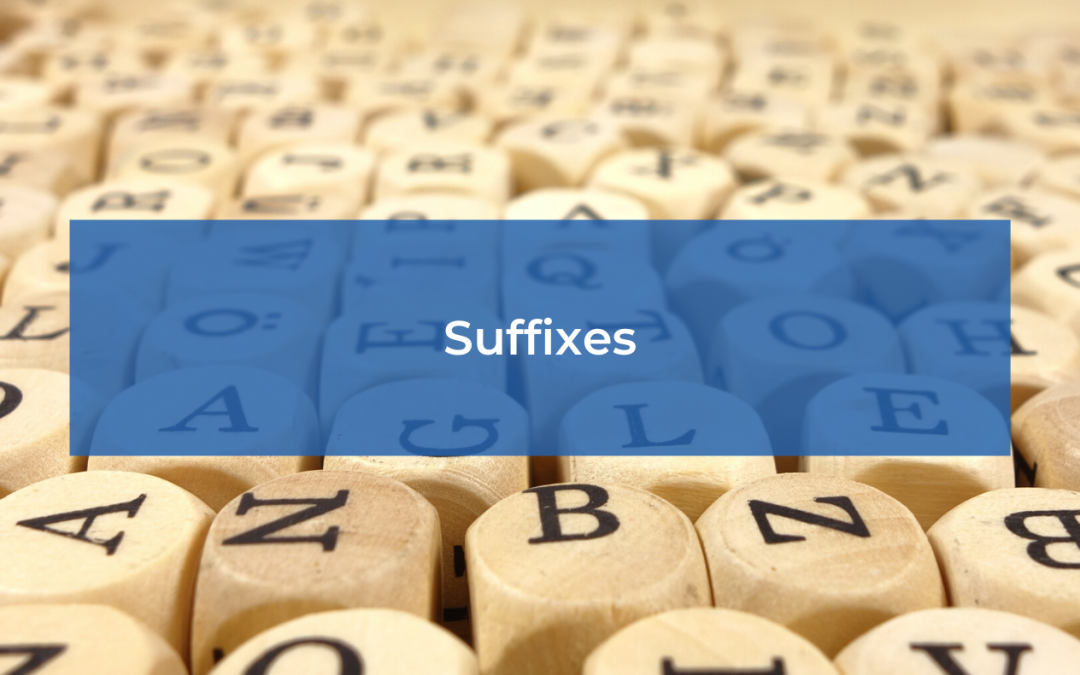
by Mark | Nov 19, 2019 | About Content
General Rules for Suffixes or Word Endings A suffix is added to the end of a root, which is either a whole word or part of a word. The suffix changes its meaning and its part of speech. Rules: The following rules are general and there are many...

by Mark | Nov 19, 2019 | About Content
Compound words are formed by joining two or more words. The Kitehawk Learning Spelling Program uses compound words extensively, to teach spelling using a variety of exercises. Compound words can help build a student’s confidence in spelling long words and...
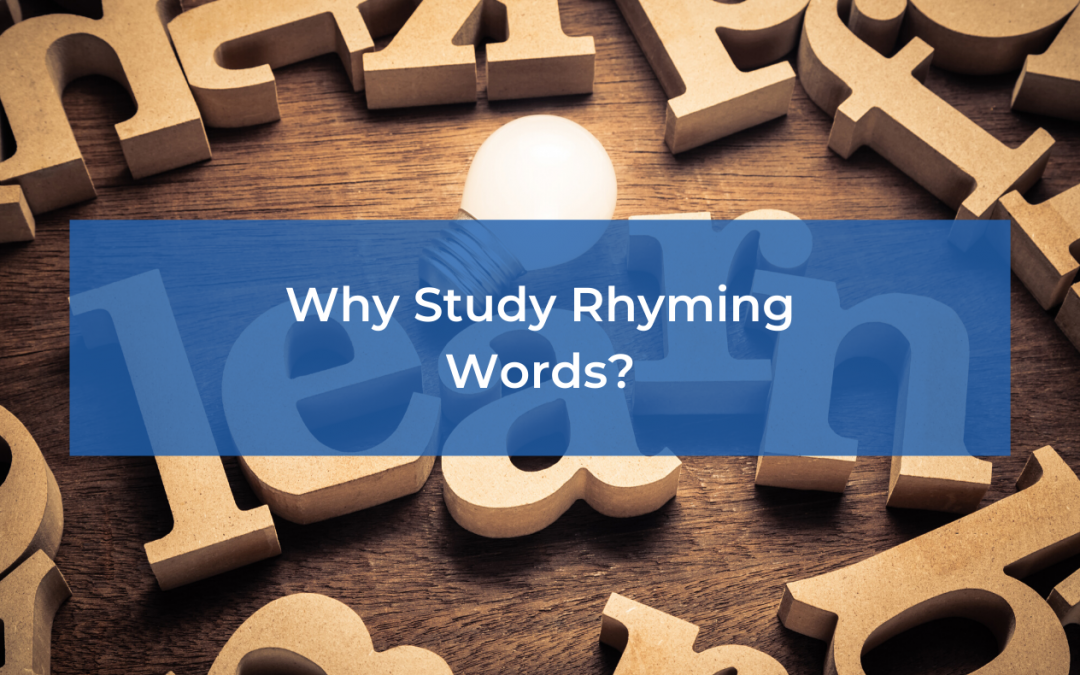
by Mark | Nov 19, 2019 | About Content
Long vowel sounds are the most difficult part of the English language to master. Rhyming exercises explore the many different ways the same long vowel sound can be spelled. For example, in reading, writing and spelling, there are about 15 different letter...
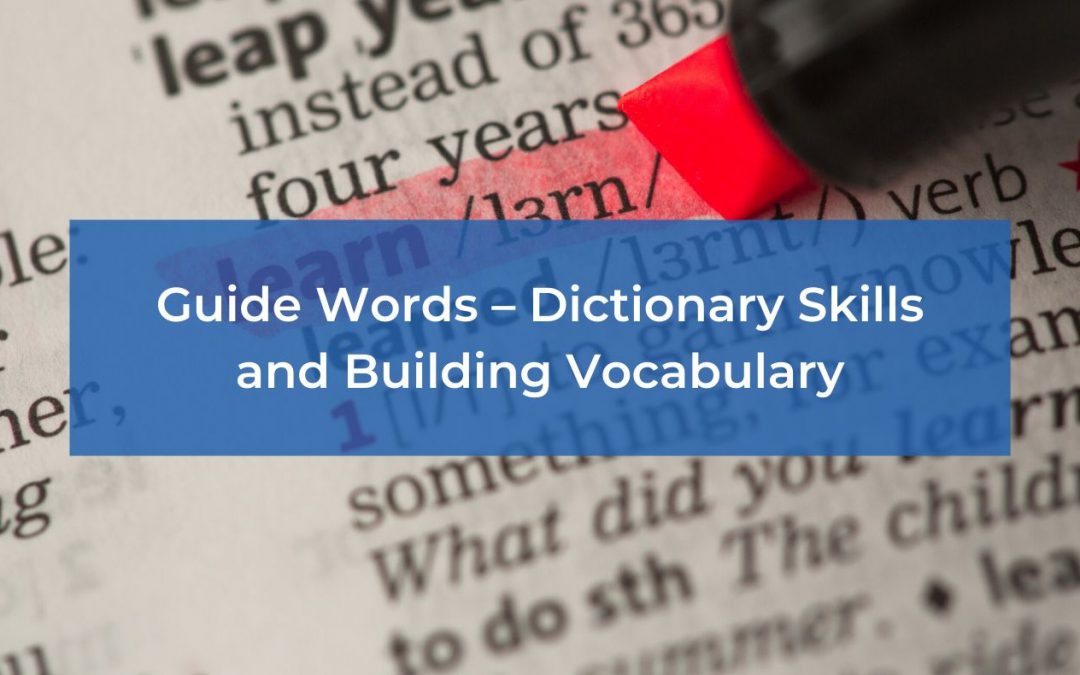
by Mark | Nov 19, 2019 | About Content
The Guide Words Activities develop the important dictionary skill of being able to find words quickly. The aim is to help students quickly find new words or different meanings of words. The habit of using a dictionary (preferably a printed version) is vital to the...







